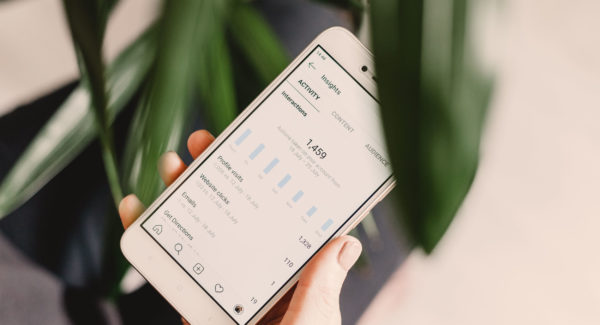A List Of Passwords is NOT a Digital Asset Estate Plan

Today’s popular advice is to leave a list of online accounts and passwords, or leave access to a password manager, as a way of providing your loved ones with access to your data and online accounts when you die.
Many people suggest that this list of accounts and passwords is the Digital Asset Estate Plan. They focus on the fiduciary duty of the executor or successor trustee to take care of all of the assets of the deceased and they worry about obtaining quick and predictable access through online accounts. Although accessing the online accounts of the deceased is a post death administration strategy, it’s not the only strategy and it’s certainly not the only legal issue.
A list of passwords is not a digital asset estate plan because it’s not enough and too much at the same time.
A list of online accounts and passwords is not enough to be called a Digital Asset Estate Plan because it doesn’t give the person who finds it enough information. There should be a valuation with each account (what is it used for?) and a devise or actual notes on what you wish to have happen to the account when you die.
To fix this, add a column to your list of accounts and passwords directing people what to do with your accounts when you pass away. Consider putting all accounts that should be deleted at the time of your death in one clearly marked list.
A list of accounts and passwords, or an inventory, is not enough if it doesn’t provide ownership details. Information on how to access something without clarifying ownership rights is not enough because it may put your named executor, trustee, or loved one in jeopardy. Although they may have a fiduciary obligation to take control of your assets and maximize value before distribution to your beneficiaries; a fiduciary duty does not give anyone permission to break the law or not be considerate of the privacy or ownership rights of others.
Include ownership information with lists of digital assets. The same way you would consider whether you share a bank account with a spouse, child, or sibling in determining what will happen to that account when you die; consider whether you own the asset, if someone else owns the asset, or if you only have a right to access the asset during life. This can reduce the likelihood of conflict and preserve the ownership rights you believe in as evidenced by your sharing ownership with that person presently.
A list of accounts and passwords is too much, because there are many notable risks in leaving your passwords for someone. By providing passwords, especially without other notes for what the account is for, you are inviting people to access your accounts. Some accounts might represent things you have a right to transfer. Other accounts might not be transferable by contract or nature. If your executor or successor trustee accesses other people’s private data or information, there may be liability attached to that action. You may think this is trivial and for many accounts it may be. However, for other accounts, you could be inviting your trustee or executor to violate other’s ownership or privacy rights.
Consider not leaving passwords with your list of accounts.
Recent Articles
Business Succession Planning in the Internet Age
I originally looked closely at this topic with my colleague Doug Bend, of the Bend Law Group. We presented on this topic in San Francisco earlier this year and a version of this article was originally published in Forbes. Many business owners build their...
Transferring Digital Assets: A Small Estate Affidavit?
One of the more clever suggestions I hear related to transferring digital assets post death is the use of a small estate affidavit. I do think there is potential limited use for a small estate affidavit related to digital assets. I believe that FinTech companies...
What is a Digital Asset?
Do you own your Flickr photos? What about the ones you have on Instagram? Can you pass them on to someone when you die? Should you be able to pass on the license of Photoshop you purchased? Access to your Instagram account? I think you should be able to, but right now...



0 Comments